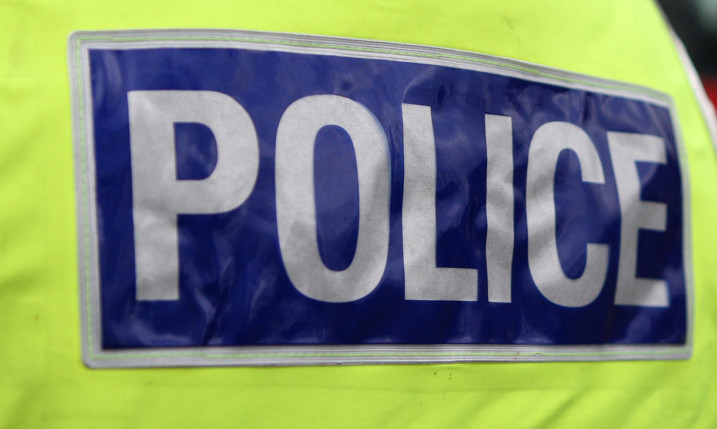Police Scotland has been accused of “slash and burn” tactics after it emerged officers are to serve legal paperwork instead of patrolling the streets.
Trade union Unison say the plans to abolish the police staff legal document officers post will see 67 civilian staff members being made redundant and their work taken on by frontline constables.
Unison claim around a quarter of the posts are currently vacant as Police Scotland have allowed staff to take voluntary redundancy in the expectation of the posts being scrapped.
This has happened before entering into any formal consultation period with staff, the union says.
It has obtained a copy of guidance distributed to officers on how to carry out the various processes involved in the serving of legal documents.
Gerry Crawley, Unison Scotland regional organiser for police staff, said the role was not simply dropping a letter through a post box, but could mean visiting a premise several times and recording actions, a potentially lengthy administrative process.
He added: “This isn’t the ‘reduction of duplication’ people were promised; it is slash and burn to meet a budget.”
George McIrvine, the Dundee-based secretary of Unison police staff Scotland, said: “We were promised blue-sky thinking when it came to meeting the budget cuts imposed by the Scottish Government.
“Instead we have policing being taken back to the 1970s, reversing the progress we have made towards a modern police service by sacrificing police staff to maintain an artificial target of uniformed officers.”
Labour’s shadow justice secretary, ex-senior officer Graeme Pearson, raised the issue during a Holyrood debate on community policing and questioned if officers would have time to carry out the duties.
He added: “From backroom bobbies we are now moving to police posties.”
Chief Superintendent Graham Sinclair said: “Across Police Scotland, we are looking at every aspect of our business and service delivery to ensure we are working in the most efficient and effective way, delivering the best possible service for our communities. The move to Police Scotland brought eight police forces together, each with their own structures and processes.
“While we are now one organisation, the work continues to ensure we adopt national structures and ways of working that are consistent across the country. This proposal will ensure we adopt the same approach for serving legal documents across the country and make greater use of our resources.
“As well as introducing more efficient working practices within the service, we are also working closely with our criminal justice partners to make changes which will reduce demand in this area and improve the overall efficiency of the criminal justice process benefiting the police, partner organisations and the public.”
